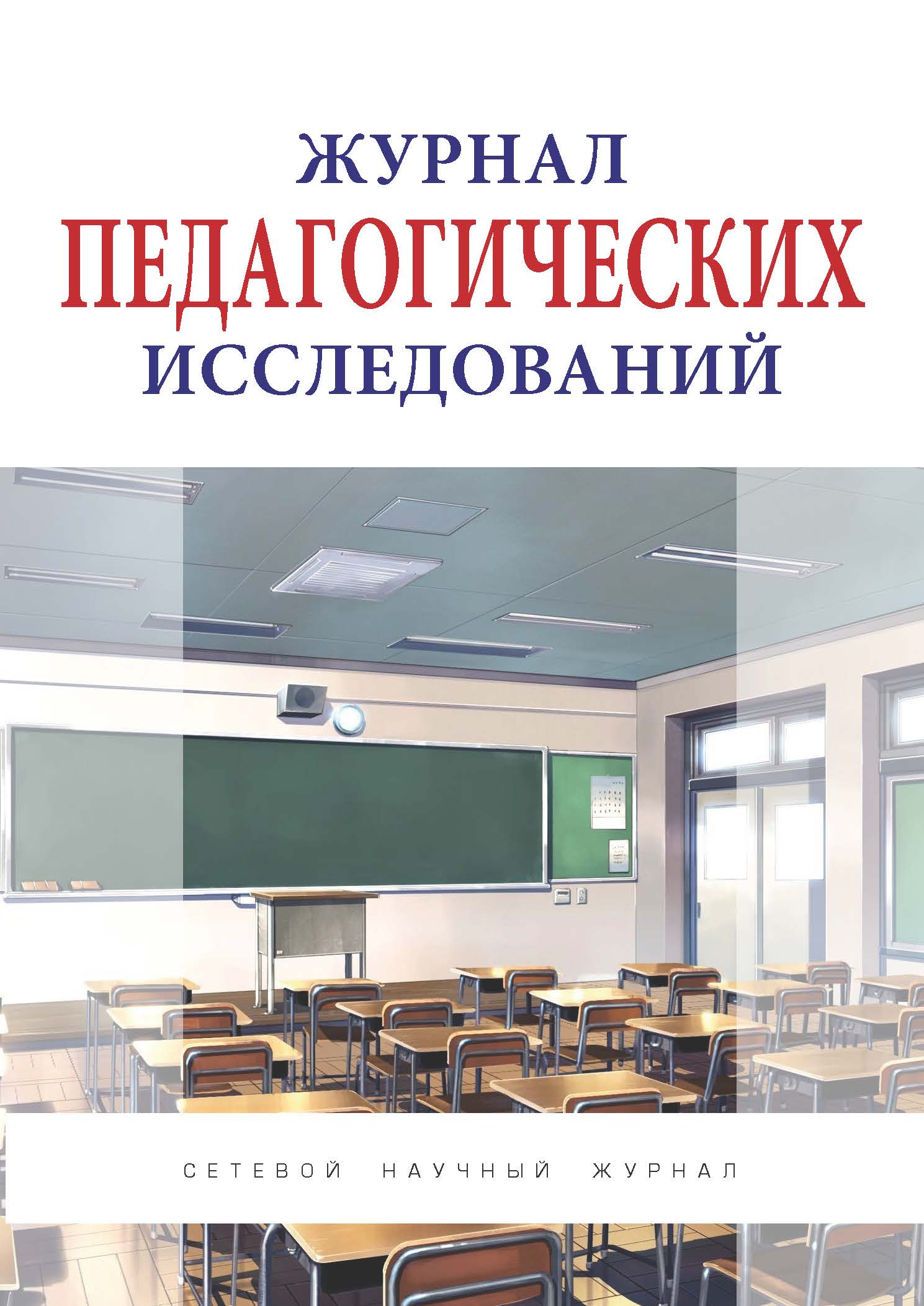Russian Federation
Russian Federation
Purpose of the research: study, identification and experimental verification of the levels of formation of an inclusive culture of students in the educational space of the university. Research methods: theoretical analysis, modeling, pedagogical observation, questioning, pedagogical experiment; statistical methods of data processing (Pearson χ2 test). Main results: the content of the inclusive culture of university students was revealed, the main stages, levels and criteria for assessing the formation of an inclusive culture of students in the educational space of the university were determined. A model for the formation of an inclusive culture of university students has been developed. Conclusions: An inclusive culture in the educational space of a university makes it possible to fully ensure the quality of training for graduates with disabilities and disabilities, creating traditions, its effective mechanisms, with an emphasis on the formation of a value attitude of all participants in the educational process. The educational space of the university should play a leading role in the formation of an inclusive culture not only in the educational environment, but also in society as a whole.
inclusive education, inclusive culture, educational space of the university, inclusive values, inclusive competence
1. Tvardovskaya A.A., Fedorova N.A. Inklyuzivnoe obrazovanie invalidov: sostoyanie i perspektivy razvitiya [Tekst] / Tvardovskaya A.A. / Inklyuzivnoe professional'noe obrazovanie. Chelyabinsk: Izd-vo Chelyabinskogo universiteta, 2015. - S. 245-250.
2. Tvardovskaya A.A. Inklyuzivnaya strategiya – vektor obrazovaniya [Tekst] / Tvardovskaya A.A., // Sbornik nauchnyh trudov VIII Mezhdunarodnoy nauchno-prakticheskoy konferencii «Aktual'nye problemy special'noy psihologii i korrekcionnoy pedagogiki: teoriya i praktika» (10-11 iyunya 2014 g.) / pod red. A.I. Ahmetzyanovoy. Kazan': Otechestvo, 2014. Vyp. 8. - S. 35-37. EDN: https://elibrary.ru/TJXWZB
3. Brandon T., Charlton J. The lessons learned from developing an inclusive learning and teaching community of practice // International Journal of Inclusive Education. 2011. Vol. 15. № 1. P. 165-178.
4. Fayzrahmanova A.T. Tolerantnoe otnoshenie k studentam s ogranichennymi vozmozhnostyami zdorov'ya kak odno iz usloviy inklyuzivnogo obrazovaniya v vysshem uchebnom zavedenii [Tekst] / Fayzrahmanova A.T. // Inklyuzivnoe obrazovanie – dostupnoe obrazovanie – bezbar'ernaya sreda: materialy vtoroy mezhdunarodnoy nauchno-prakticheskoy konferencii, g. Yakutsk, iyun' 2014 g. Yakutsk: Izdatel'skiy dom SVFU, 2014. S. 214-217. EDN: https://elibrary.ru/TDGPZL
5. European Agency for Development in Special Needs Education. Raising achievement for all learners – Quality in Inclusive Education. Brussels, 2012. 40 p. URL: http://www.european-agency.org/agency-projects/ra4al
6. Bagova R.H. Razvitie psihologicheskoy gotovnosti k professional'nomu samoopredeleniyu obuchayuschihsya s ogranichennymi vozmozhnostyami zdorov'ya [Tekst] / Bagova R.H. // Inklyuzivnye processy v mezhdunarodnom obrazovatel'nom prostranstve: sbornik trudov III Mezhdunarodnogo Internet-simpoziuma. Stavropol'. SKFU, 2017. S. 59-61.
7. Bonkalo T.I., Cygankova M.N. Aktivizaciya lichnostnogo i professional'nogo samoopredeleniya obuchayuschihsya s OVZ v usloviyah inklyuzivnogo obrazovaniya: monografiya. [Tekst] / Bonkalo T.I.
8. - M.: RGSU, 2015. - 215 s.
9. Kim J. Influence of teacher preparation programmes on preservice teachers’ attitudes toward inclusion // International Journal of Inclusive Education. 2011. Vol. 15, Iss. 3. P. 355-377.
10. Polat F. Inclusion in education: A step towards social justice. // International Journal of Educational Development. 2011. Vol. 31. № 1. P. 50-58.
11. Hans S. Reinders. The Power of Inclusion and Friendship // Journal of Religion, Disability & Health. - URL:http://www.tandfonline.com/doi/full/10.1080/15228967.2011.619341#.U7Elpfl_uc0 2011. 3 s.
12. Fajzrahmanova A.T. On organization of the inclusive educational environment in higher educational institutions of the Russian Federation // Life Sci J 2014;11(11s):59-62] (ISSN:1097-8135). URL:http://www.lifesciencesite.com. EDN: https://elibrary.ru/UZTMHB
13. Hill D., Brown D. Supporting inclusion of at risk students in secondary school through positive behaviour support // International Journal of Inclusive Education. 2013. Vol. 17, Iss. 8. P. 868-881.
14. Hargreaves S. The Fourth Way: The inspiring future for educational change. Joint publication with Ontario Principals Council and National Staff Development Council. California. 2011. 168 p.
15. The Salamanca Statement on Principles, Policy and Practice in Special Needs Education. URL:http://www.conventions.ru/view_base.php?id=118.






